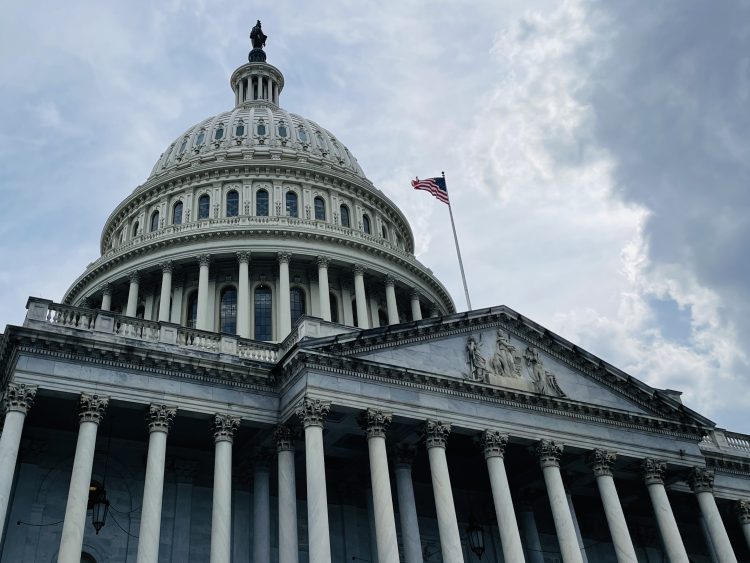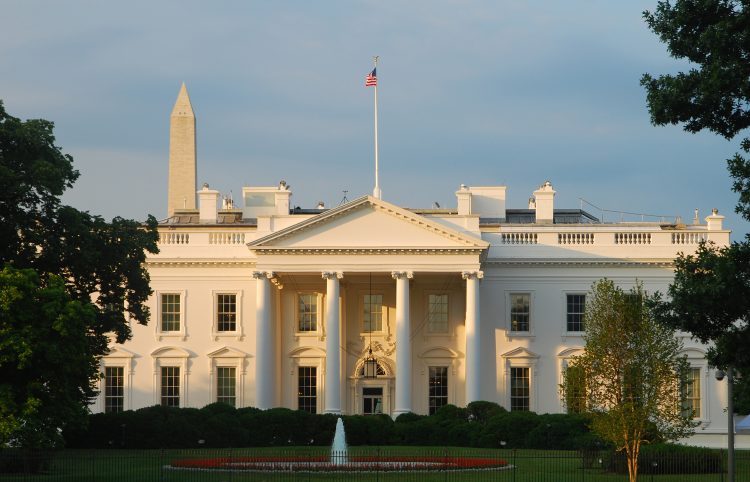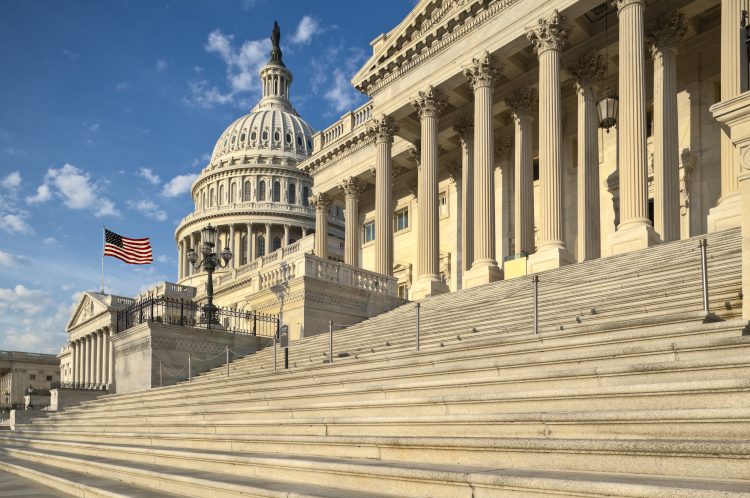This week on Facing the Future we began by discussing an Illustrative package of 13 federal tax and spending reform options prepared by the Penn-Wharton Budget Model (PWBM). Our guest for this segment was Dr. Kent Smetters, faculty director of the PWBM. Then, Molly Reynolds, senior fellow in Governance Studies at the Brookings Institution, walked us through some big decisions on the budget that the new administration and new Congress will need to make after they take office in January. Concord Coalition chief economist Steve Robinson joined the conversation.
In releasing its 13 illustrative budget reforms the PWBM said, “A common misunderstanding is that serious debt reduction must come at the expense of economic growth or the social safety net. We show that this is incorrect. The reforms herein produce sustained debt reduction, grow the economy, reduce carbon emissions, almost fully close current gaps in working-age health-care coverage, and reduce poverty among retirees.”
Smetters said that the reforms were built on a set of principles. “We said let’s forget about the political exercise and say, ‘suppose that we were going back to first principles, as we learned in public economics and macro, and basically restart from fresh.’ What would that look like? What type of problems does government solve like the provision of public goods, addressing market failures, risk pooling, internalizing externalities like the price of carbon, and broad-based lower rates instead of narrow-based higher rates.”
The reforms include options to simplify the tax code, expand the base of employment taxes, and improve the long-term solvency of Social Security and Medicare while promoting growth. “And so the idea is that on the front end we get revenue immediately. Some of this is increases in taxation, but on the back end we get slower spending. It’s not less spending, but slower spending relative to the economy. And then we also have some immigration reforms,” Smetters said.
“We also have full accounting for everything,” he said, “not playing games or cherry picking or adding up things that have strong interactions and not accounting for those interactions. And then, of course, we don’t live in a world where we can just hit the restart button. We have to phase things in because we have to give people time.”
In our discussion with Reynolds, we focused on Congressional Republicans’ likely use of reconciliation in the budget process to speed enactment of President-elect Trump’s agenda. Reynolds explained that “reconciliation is an optional part of the Congressional budget process that allows for legislative changes for certain things without the threat of a filibuster in the Senate. Reconciliation bills can address revenue. They can address certain types of spending, spending on the mandatory side of the federal budget, and they can address the debt.”
“There are procedural constraints for the content of the bill itself that are pretty complicated,” Reynolds continued, “They come in the form of something called the Byrd Rule that binds in the Senate. But at the end of the day, a lot of this is about what their political support is to do. And right now you are seeing the House and the Senate have some disagreements around what they think.”
Regarding the proposed cost-cutting initiative called the Department of Government Efficiency (DOGE), Reynolds said she thinks about it as “primarily a messaging tool where the administration is going to use it to call attention to certain issues, to things that it thinks are politically advantageous to it.”
In contrast she said, “when I think about how the incoming Trump administration might try to reduce federal spending, I am actually much more focused on the possibility – whether these are things identified by the DOGE or come from other places – that we’re going to see a pretty aggressive attempt to use impoundment power to refuse to spend funds that Congress has appropriated. This is not permitted under the 1974 Congressional Budget Act. There is a particular process that the President has to go through to try and get Congressional approval for impoundments.”
However, Reynolds pointed out that, “the person who’s been nominated to head the president’s Office of Management and Budget has been quite open about his belief that the President should have the power to impound funds, and that Congressional appropriations should be viewed as a ceiling, not an absolute requirement for what the executive branch does. So I think that we are quite likely heading towards a real fight between the branches on this question, and I see that as much more consequential than what actually happens with the DOGE.”
Hear more on Facing the Future. Concord Coalition Executive Director Bob Bixby hosts the program each week on WKXL in Concord N.H., and it is also available via podcast. Join us as The Concord Coalition team discusses issues relating to national fiscal policy with budget experts, industry leaders, and elected officials. Past broadcasts are available here. You can subscribe to the podcast on Spotify, Pandora, iTunes, Google Podcasts, Stitcher, or with an RSS feed. Follow Facing the Future on Facebook, and watch videos from past episodes on The Concord Coalition YouTube channel.
Continue Reading











